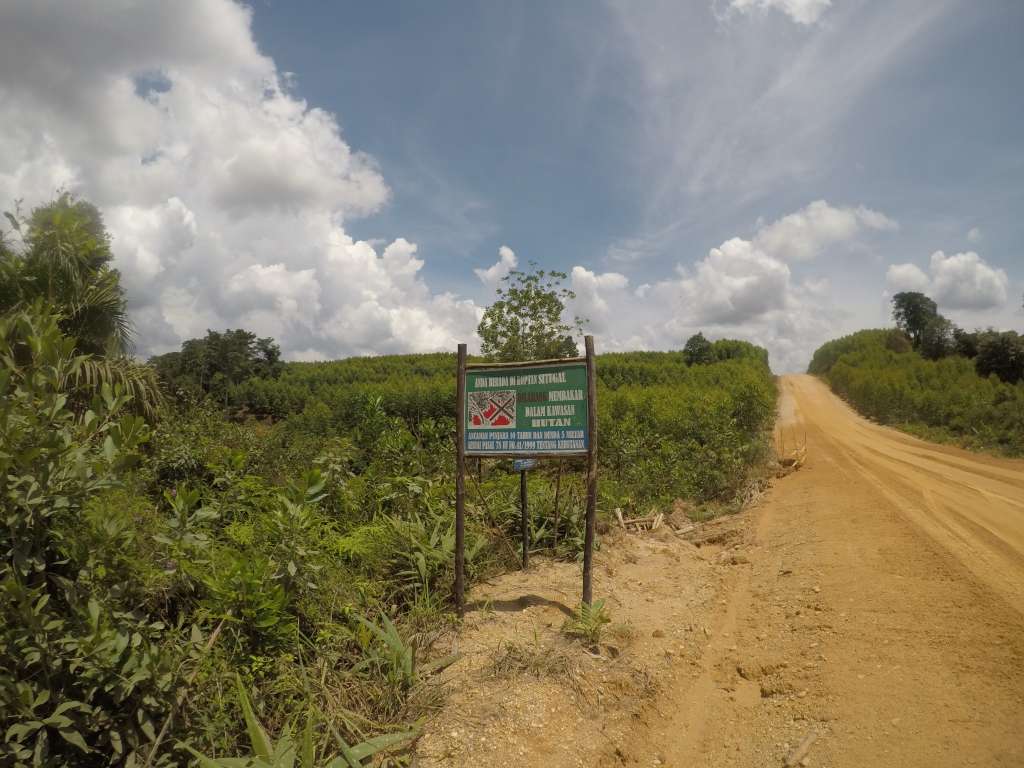National Statistics and Depiction of Wood Business in Several Provinces of Indonesia
Policies in Social Forestry
In general, the Social Forestry (SF) program aims to empower local people, socially and economically, by giving them the privilege to manage the forest sustainably. By doing so, local people are expected to make ends meet and diversify their income through marketing forest resources and products.
Therefore, SF would contribute to sustainable development, livelihood improvement, biodiversity conservation, and climate change mitigation.
Government policy on SF schemes accommodate local wisdom in managing and sustaining forest resources, improving livelihood in accordance with national development objectives which favors low-income people, escalating employment opportunities, promote growth and sustain environment (pro-poor, pro- job, pro-growth and pro-environment).
Presently, SF practices have been accommodated in Indonesian regulations, including Law Number 11 Year 2020 (UU 11 tahun 2020) on job creation law/omnibus law and its derivatives in the forms of government ordinance and ministerial decree. In details, referred regulations on SF practices are:
- Law Number 11 Year 2020 on job creation (Omnibus Law)
- Law Number 41 Year 1999 on forestry
- Law Number 23 Year 2014 Tentang regional administration
- Government ordinance Number 23 Year 2021 on forestry management
- Ministerial decree of Ministry of Environment and Forestry (MEF) Number 9 Year 2021 on social forestry management.

The lastly mentioned regulation (number 5) has set the outline of social forestry implementation. The outline directs the institutional system strengthening, area management, and community-based business unit development. The activity scope covers:
a. Area management and General Planning;
Area management encompasses marking the boundary of Social Forestry Management Approval area, taking inventory of development opportunities, creating space for Social Forestry Management Approval (SFMA) area, making share of arable SFMA area, and mapping the result of area arrangement. SF planning is based on agreement by each Village Forest (VF), Community Forest (CoF), People’s Plantation Forest (PPF) managements, determination of Customary Forest (CuF) status, and Forestry Partnership agreement.
b. Business Development;
SF business development comprises institutional strengthening, forest utilization, entrepreneurship development, and business development cooperation. These activities are facilitated by MEF and other related ministries/institutions/provincial agencies.
c. Handling of Tenure Conflict;
Tenurial conflict of forest area can be resolved by SF. When such scheme is agreed upon, petitioner may proceed the application process to SFMA according to the petitioned scheme. Implementation of conflict management in forest areas must be conducted according to the regulations.
d. Companionship;
The people of SFMA are accompanied in managing forest sustainably and improving the community welfare while doing so.
In addition to policies, this paper will discuss the Development of Issued Social Forestry Permit, Roundwood Production and various other policies in the form of recommendations and suggestions. More details can be accessed via the link https://bit.ly/Social_Forestry



